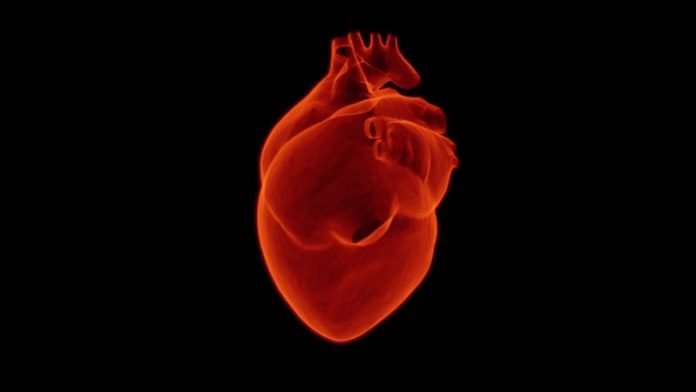
High cholesterol is the most commonly understood cause of atherosclerosis, a hardening of the arteries that raises the risk of heart attack and stroke.
But in a new study, researchers found a gene that likely plays a causal role in coronary artery disease independent of cholesterol levels.
The gene also likely has roles in related cardiovascular diseases, including high blood pressure and diabetes.
The research was conducted by scientists at Washington University School of Medicine in St. Louis.
In the study, the team found that the gene—called SVEP1—makes a protein that drives the development of plaque in the arteries.
In mice, animals missing one copy of SVEP1 had less plaque in the arteries than mice with both copies.
The researchers also selectively reduced the protein in the arterial walls of mice, and this further reduced the risk of atherosclerosis.
Evaluating human genetic data, the researchers found that genetic variation influencing the levels of this protein in the body correlated with the risk of developing plaque in the arteries.
Genetically determined high levels of the protein meant a higher risk of plaque development and vice versa.
Similarly, they found higher levels of the protein correlated with a higher risk of diabetes and higher blood pressure readings.
This is not the first nonlipid gene identified that has been implicated in cardiovascular disease. But the exciting aspect of this discovery is that it lends itself better to developing future therapies.
According to the team, other genes previously identified as raising the risk of heart disease independent of cholesterol appear to have widespread roles in the body and are therefore more likely to have far-reaching undesirable side effects if blocked in an effort to prevent cardiovascular disease.
The study is published in Science Translational Medicine. One author of the study is cardiologist Nathan O. Stitziel, MD, Ph.D.
Copyright © 2021 Knowridge Science Report. All rights reserved.



